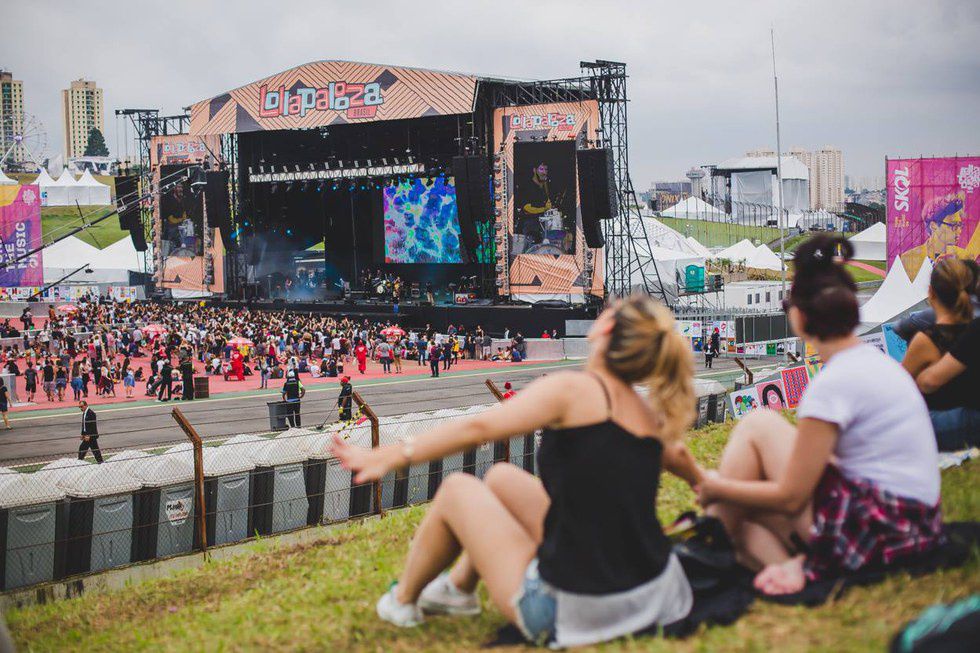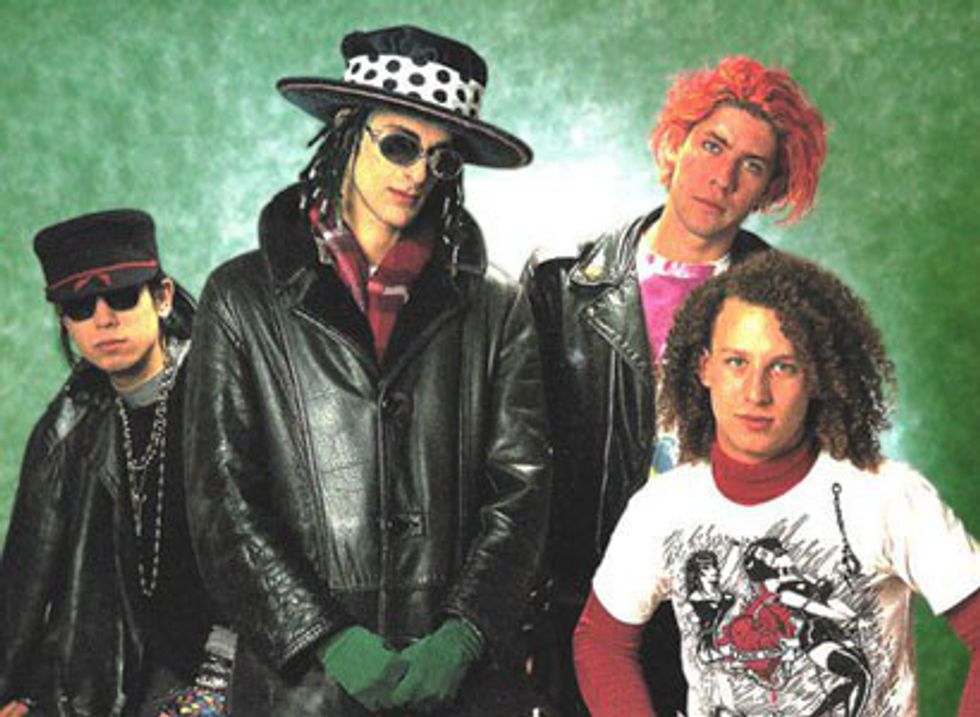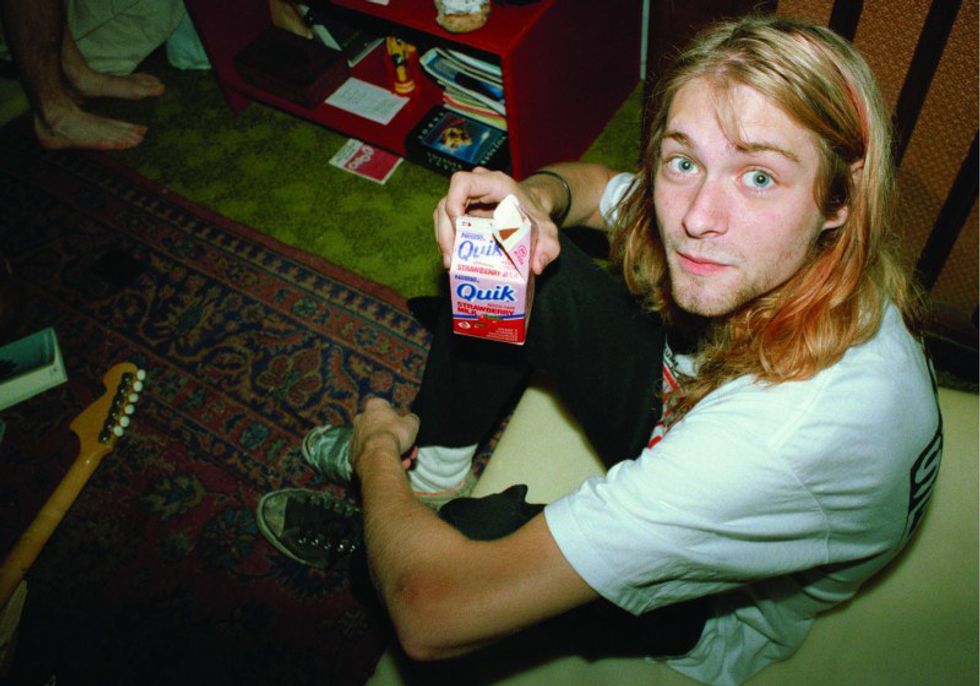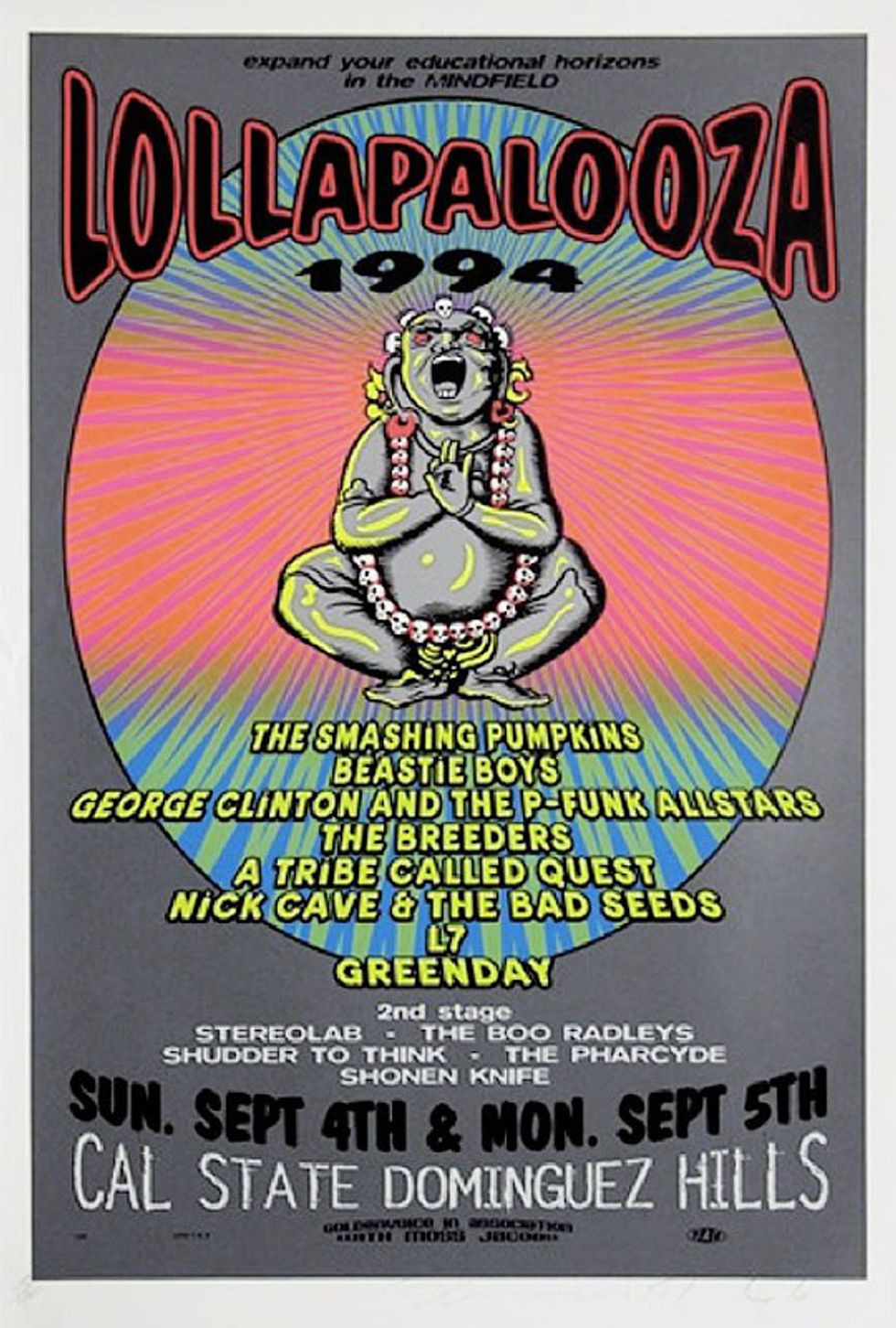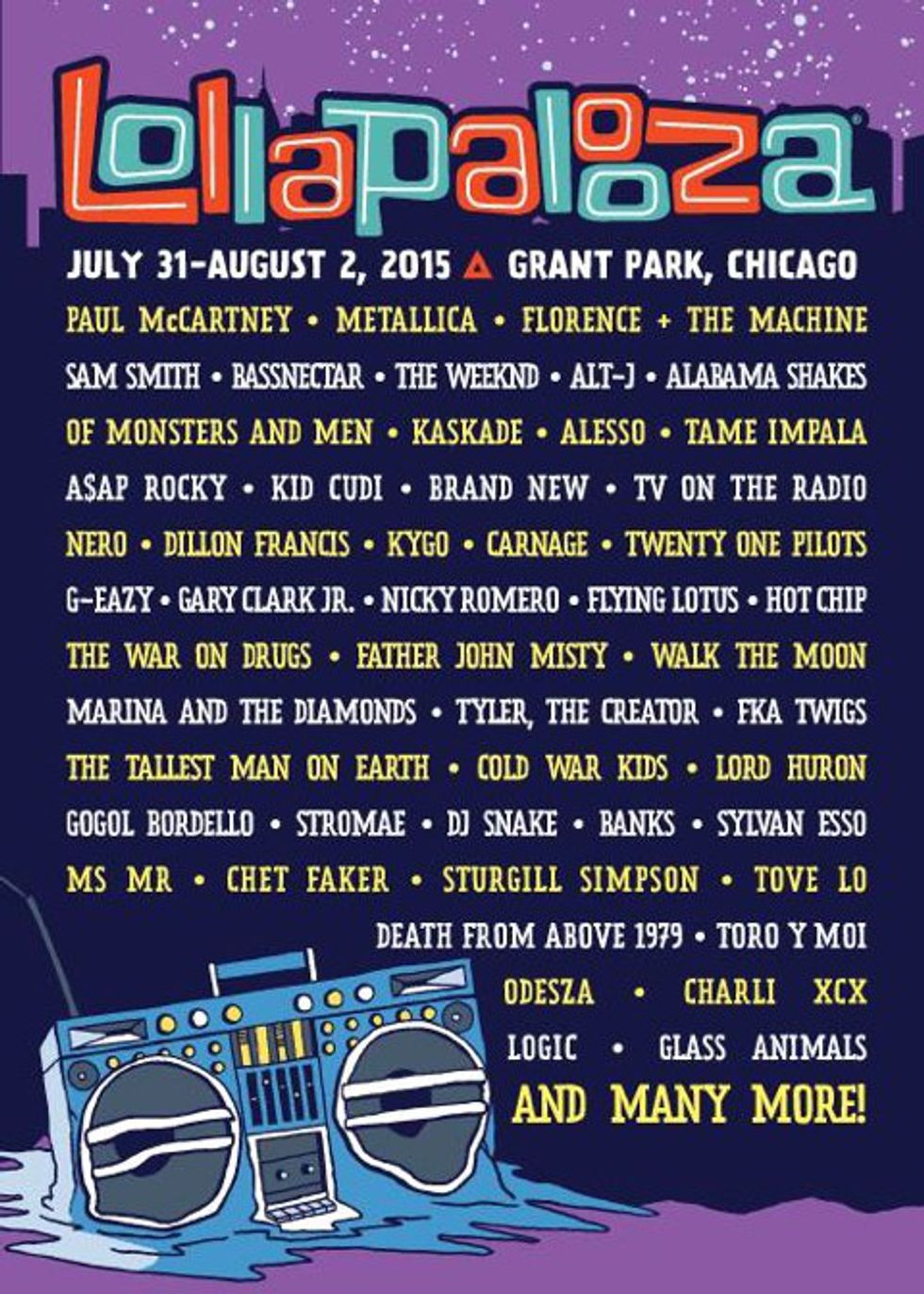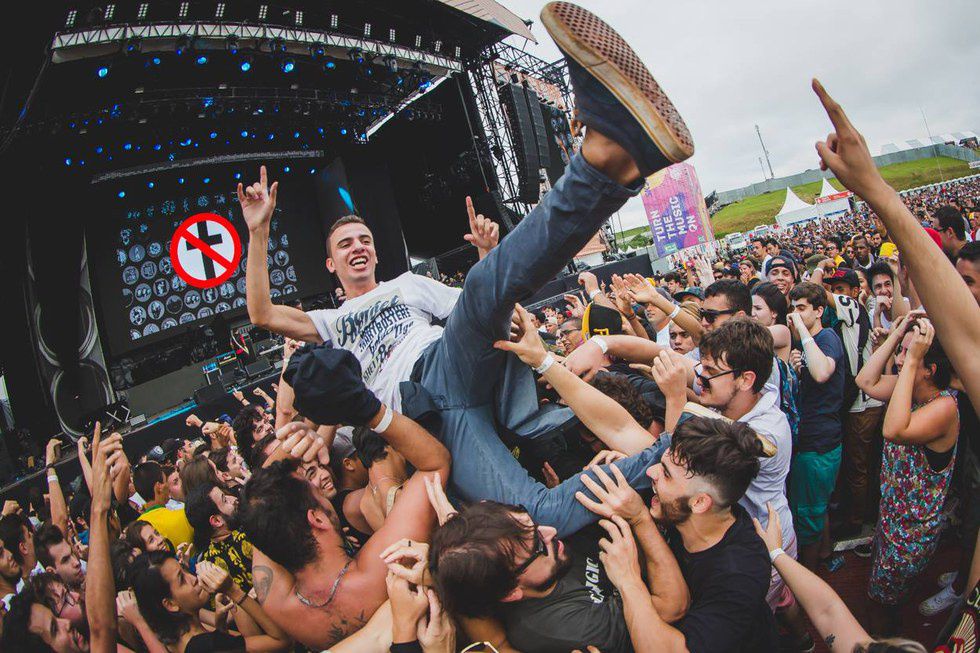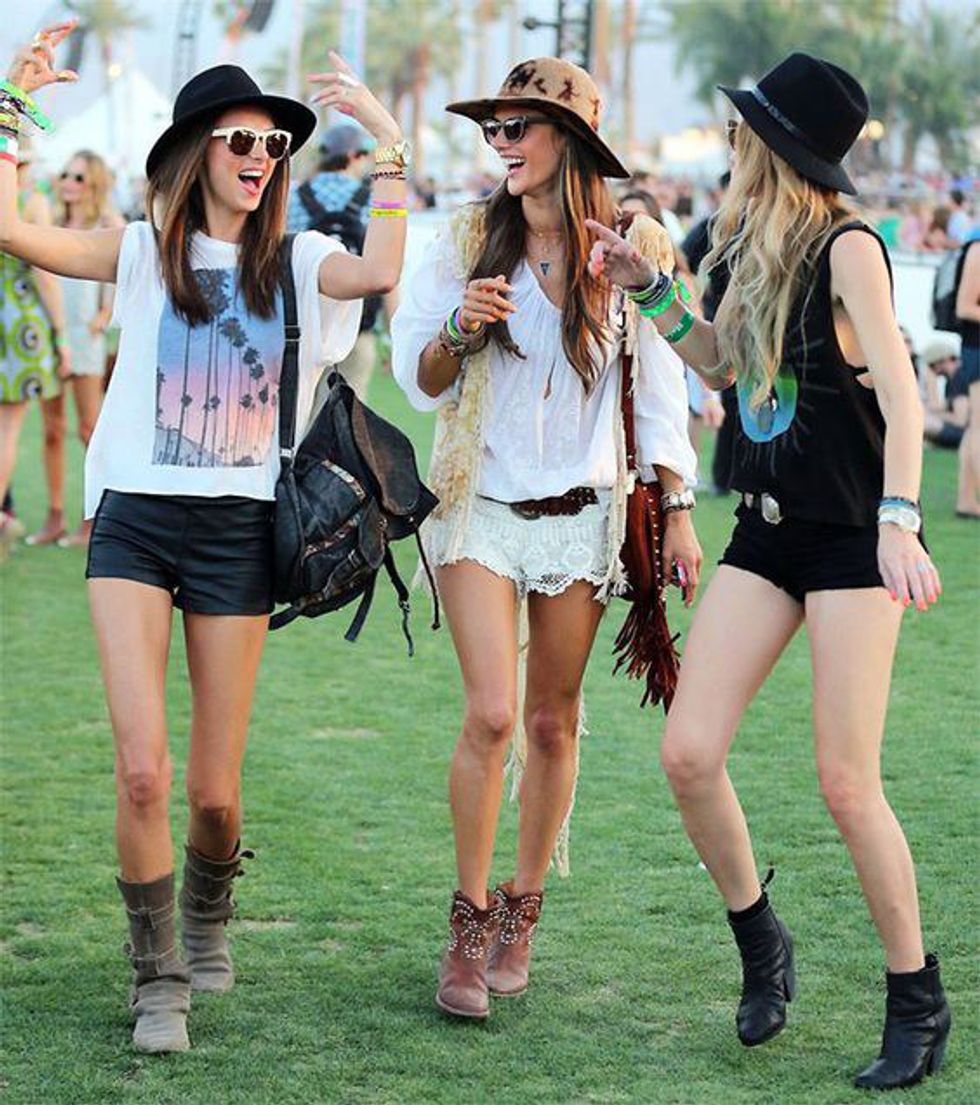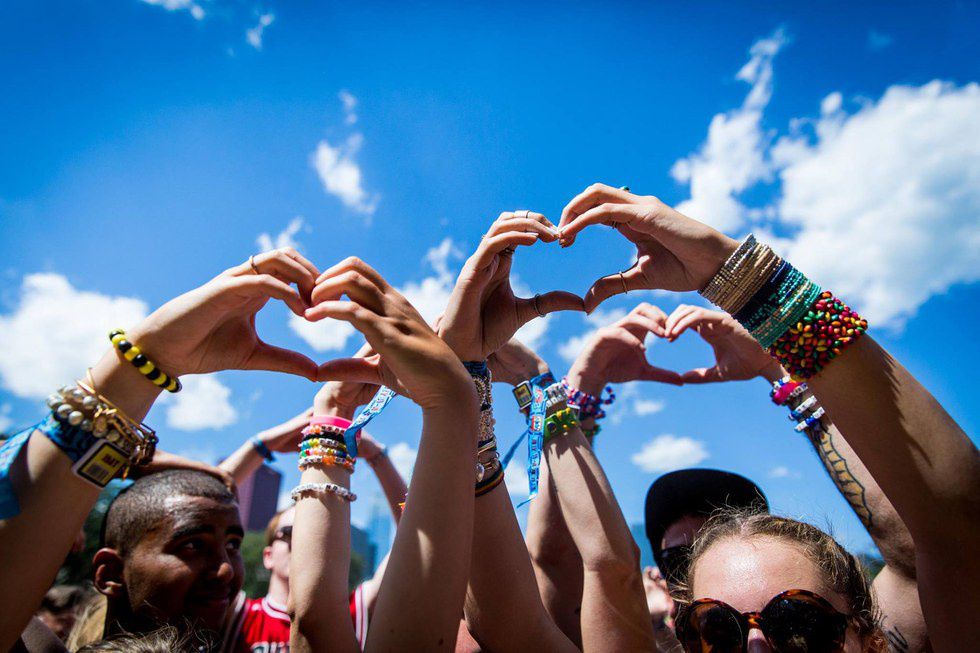Lollapalooza: A thing that is particularly impressive or attractive.
Jane’s Addiction’s lead singer, Perry Farrell, brought a whole new meaning to the word Lollapalooza in 1991. This rock and roll star created a music festival that would soon go down and history. Lollapalooza was first held in Chicago, Illinois. The festival consisted of popular alternative rock, heavy metal, punk rock, hip hop, and EDM bands and artists.
Lollapalooza has brought individuals a way to creatively express themselves through unique music, abstract art, and all around positivity in a large city.
The year of 1994 put spotlight on Lollapalooza as 1994 was defining year in the music industry. The short year brought the rise and fall of grunge music. A music revolution was sought to happen in 1994. Instead, it became the year that rock music would shift over to the commercialized pop music. The 90s generation lost a musical icon when Kurt Cobain committed suicide on April 5. Cobain’s traumatic death turned heads over to Lollapalooza as Nirvana was supposed to headline for the upcoming festival.
Lollapalooza has brought a diverse group of artists to the table. Some of these bands and artist include…
1. Cheap Trick
2. Daft Punk
3. Foo Fighters
4. Hole
5. Jane’s Addiction
6. Kayne West
7. Lady Gaga
8. M83
9. Nada Surf
10. Paul McCartney
11. Red Hot Chili Peppers
12. Snoop Dogg
13. The Smashing Pumpkins
14. Violent Femmes
15. Weezer
The festival lineup continues to grow attracting diverse music lovers of all different genres.
Along with the variety of bands come other additions to the festival. United Kingdom’s Huffington Entertainment Post states, “With the increased duration and size of festivals, they have become about more than just enjoying music". Festivals now consist of liquor stops, art, festival food, boutiques, and a specific fashion taste. With these costly festival bonuses, it is important to remember the true goal of Lollapalooza; the idea to express one’s self through music.
The popularity of Lollapalooza has increased significantly within younger crowds through the past years. The focus and meaning of Lollapalooza is quickly shifting because of its new audience. Our generation has turned these festivals into a competition. The audience is simply fighting for their “right to party”. I cannot count how many college girls tweeted the 2016 Lollapalooza lineup without knowing a good chunk of the bands. Festivals have turned into a game of who can find the trendiest bohemian outfit so they can get the most likes on an Instagram photo. My guess is that this is not what rocker Perry Farrell had in mind when creating Lollapalooza.
With the 25th anniversary approaching, it is time for future concert audience members to learn and continue the strong legacy Lollapalooza has brought to the music industry.




